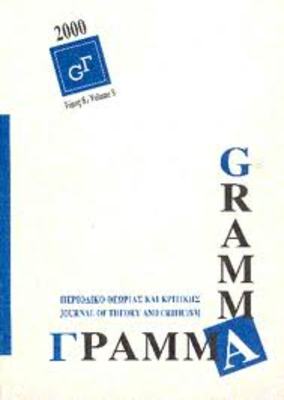Interpreters in Sweden - A tool for equal rights?
Part of : Γράμμα : περιοδικό θεωρίας και κριτικής ; Vol.19, No.1, 2011, pages 59-75
Issue:
Pages:
59-75
Section Title:
Interpreting and human rights
Abstract:
This paper deals with professional community interpreting as a tool for guaranteeing equal rights. The main focus is on the interpreter with special focus on children in interpreted meetings. Equal access to legal, social and medical rights is a prerequisite for a democratic welfare state. These rights depend to a large extent on verbal communication between an individual and a public servant such as a lawyer, a social worker, a teacher or a doctor. Nonwedish speakers need interpretation in order to be able to come into contact with these services and enjoy their full rights. Professional interpretation, therefore, is a necessary tool to enable the public servant to do his/her job; more importantly, it is a tool to obtain maximum legal, social and medical security for the immigrant. The paper deals with the actors involved, and with issues of responsibility and synergy. The empirical material has been collected from two research projects on community interpreting (2008-2011). A conclusion is that in community interpreting the interpreter and the public servant have responsibilities. Therefore, professionalism together with mutual respect and teamwork are important tools to avoid misunderstandings and to guarantee full access to equal rights.
Subject:
Subject (LC):
Notes:
Challenging boundaries in interpreting studies: interdisciplinary approaches.Περιέχει σχέδιο και βιβλιογραφία




